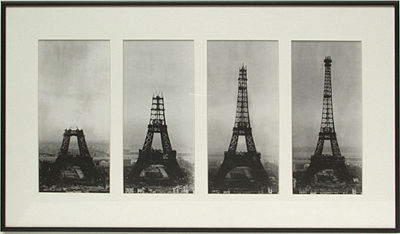
The development of anti-graffiti paint has gone a long way to help reduce these unwanted activities; paint that is applied as a translucent, non-sacrificial coating allows repeated easy removal of graffiti using warm water and mild detergents. Councils now have a considerably easier and less expensive way of addressing this relentless drain on their resources. Over time, it remains to be seen whether this clever invention curtails the offenders’ desire to illustrate their artwork for public praise or society’s condemnation.
So what has anti graffiti paint got to do with robust construction?
Late September 2010 tragedy struck as news broke of a devastating fire which severely damaged the quintessential village of Mayfield, Sussex, cricket clubhouse and pavilion. Suspicion was rife as to the cause with many believing that the real cause of the disaster would never be identified since it conveniently coincided with the influx of visitors from How To Run A Construction Company Office across the county for the village’s annual carnival that evening. As an ambitious and successful village cricket club with a long and proud history stretching back to 1750, Mayfield, was lucky enough to own their beautiful Wellbrook ground and pavilion. There was a feeling of disbelief and despair in the air that left the community shocked and appalled.
This account is not uncommon; municipal timber frame buildings such as pavilions, village halls, scout huts, and sports clubhouses are, by their very nature, empty and unattended for long periods of time, leaving them vulnerable to vandalism and fire damage. In the event of fires caused by electrical faults, there is no one to expeditiously call for the emergency services. By the time fire fighters arrive on the scene, it is usually far too late to save the building. Was there anything therefore that in hindsight, could have protected this iconic village building?
An alternative to timber frame structure is a relatively new technology, more common as a method of construction in USA and Europe – Insulated Concrete Formwork. Fire took no time to destroy Mayfield’s timber structure cricket pavilion. How better therefore, to replace this with a robust structure that despite its hidden concrete walls blends perfectly with its surroundings through external timber cladding, brick facing or tile hung facade.
What the UK building fraternity may not realise is that the insulating foam used in ICF buildings is manufactured with flame-retardant additives so that if you hold a naked flame up to an ICF form block, the foam will simply melt away, but not support combustion.
In tests where ICF walls were subjected to temperatures of over 1,000 degrees Centigrade for as long as four hours, the ICF walls never failed structurally. By contrast, wood frame walls, far from containing fire, actually feed a fire and enable the rapid spread of fire from one room to the other with walls collapsing in less than an hour. Conversely, even at these temperatures, fire can be contained since ICF walls do not allow the fire to pass from one side of an ICF wall to the other.
With reduced build costs, less reliance on skilled labour, shorter construction times and reduced heating requirements, Insulated Concrete Formwork has additional credentials to be considered as a worthy alternative to timber frame construction.
So, whether its anti graffiti paint or a more impervious building structure, these developments are exciting technologies that address the rather distasteful problems we face within our modern day communities. When planning their replacement pavilion, maybe the fundraisers of Mayfield Cricket Club might like to consider the society in which their children and next generation will live.
Construction

